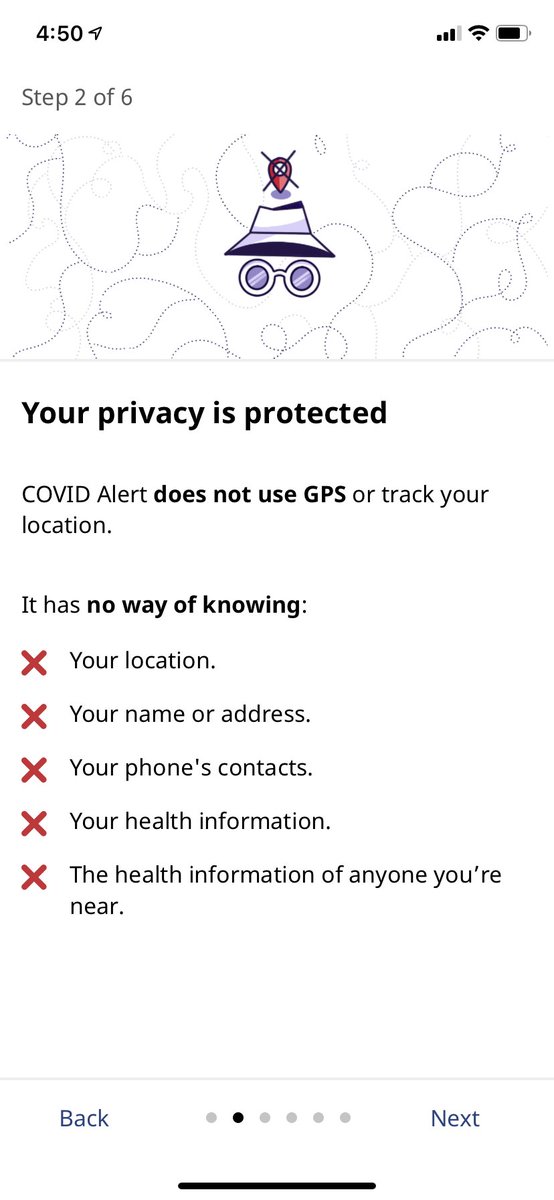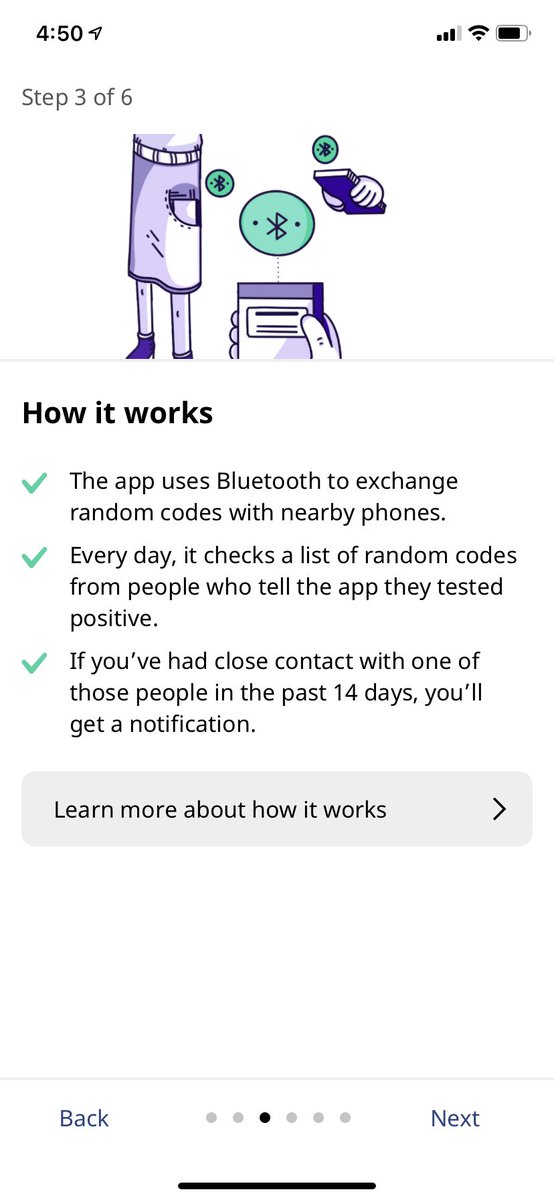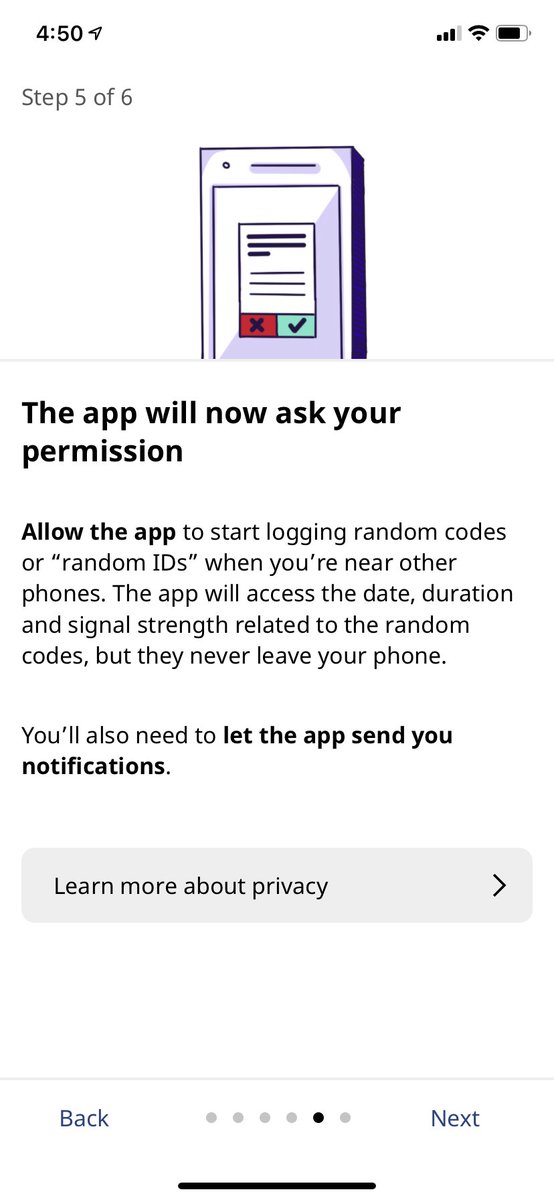
2/ most states have recount procedures that trigger below a certain margin of victory. Sometimes automatic, sometimes has to be requested by a candidate. In Georgia, threshold is 0.5% & recount needs to be requested by a candidate after certification. Wait, what's certification?
3/ certification is the real result. When TV networks call an election, that carries no legal weight, it's just the media predicting the outcome. They're usually right, with some notable exceptions. Certification is when the state, having triple checked, declares their winner.
4/ Georgia certified on Friday. Trump just requested a recount. So that's happening now.
But, you're thinking, wasn't there just a recount last week?
But, you're thinking, wasn't there just a recount last week?
5/ it wasn't exactly a recount, rather it was an audit, specifically a risk-limiting audit. It's the audit the @voting_works helped with.
https://twitter.com/voting_works/status/1329604858358317057?s=20
6/ a risk-limiting audit is a way to check that the tabulators declared the right winner. It's not designed to verify the exact vote count, only to check that the vote counts aren't so far off as to have declared the wrong winner.
risklimitingaudits.org
risklimitingaudits.org
7/ typically, a risk-limiting audit can achieve its goal just by reviewing a small sample of the ballots. But when the margin is very tight, like it was in Georgia, the audit requires looking at so many ballots that it's essentially a full manual count.
8/ it differs from a recount in two critical ways:
- the vote tallies are not changed by the audit, the goal is just to confirm (or reverse) the winner.
- the process of counting each vote is very methodical and free of excessive legal wrangling over every ballot.
- the vote tallies are not changed by the audit, the goal is just to confirm (or reverse) the winner.
- the process of counting each vote is very methodical and free of excessive legal wrangling over every ballot.
9/ also, because risk-limiting audits are typically performed on small samples, they can be done quickly, as part of the normal hygiene of running an election. That means they can be done as routine checks *before* certification.
10/ Georgia is one of a few states that has mandated risk-limiting audits before certification. But their margin was very tight. That's why they counted ballots last week, and why they confirmed Biden as the winner, and then certified on Friday.
11/ so now we're past the count and the audit, and we're at the recount stage. And the interesting wrinkle is that, in Georgia, recounts are only doable as machine rescans.
So that's what's about to happen, and that's why Georgia is counting ballots for a third time this year.
So that's what's about to happen, and that's why Georgia is counting ballots for a third time this year.
12/ in terms of what to expect, it's pretty clear: unless something incredibly unusual is discovered, this machine recount is likely to give an almost identical count as the first time around. Some differences in how borderline ballots will be adjudicated, probably not much.
13/ in summary:
- first georgia counted ballots with scanners.
- then they counted ballots by hand as part of a risk-limiting audit, confirming the winner but not altering vote counts.
- now they're recounting with scanners, which *could* alter the counts but likely not much.
- first georgia counted ballots with scanners.
- then they counted ballots by hand as part of a risk-limiting audit, confirming the winner but not altering vote counts.
- now they're recounting with scanners, which *could* alter the counts but likely not much.
• • •
Missing some Tweet in this thread? You can try to
force a refresh





